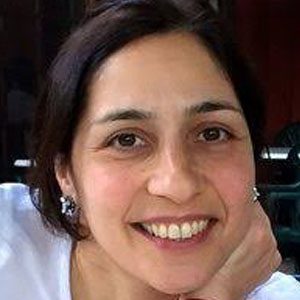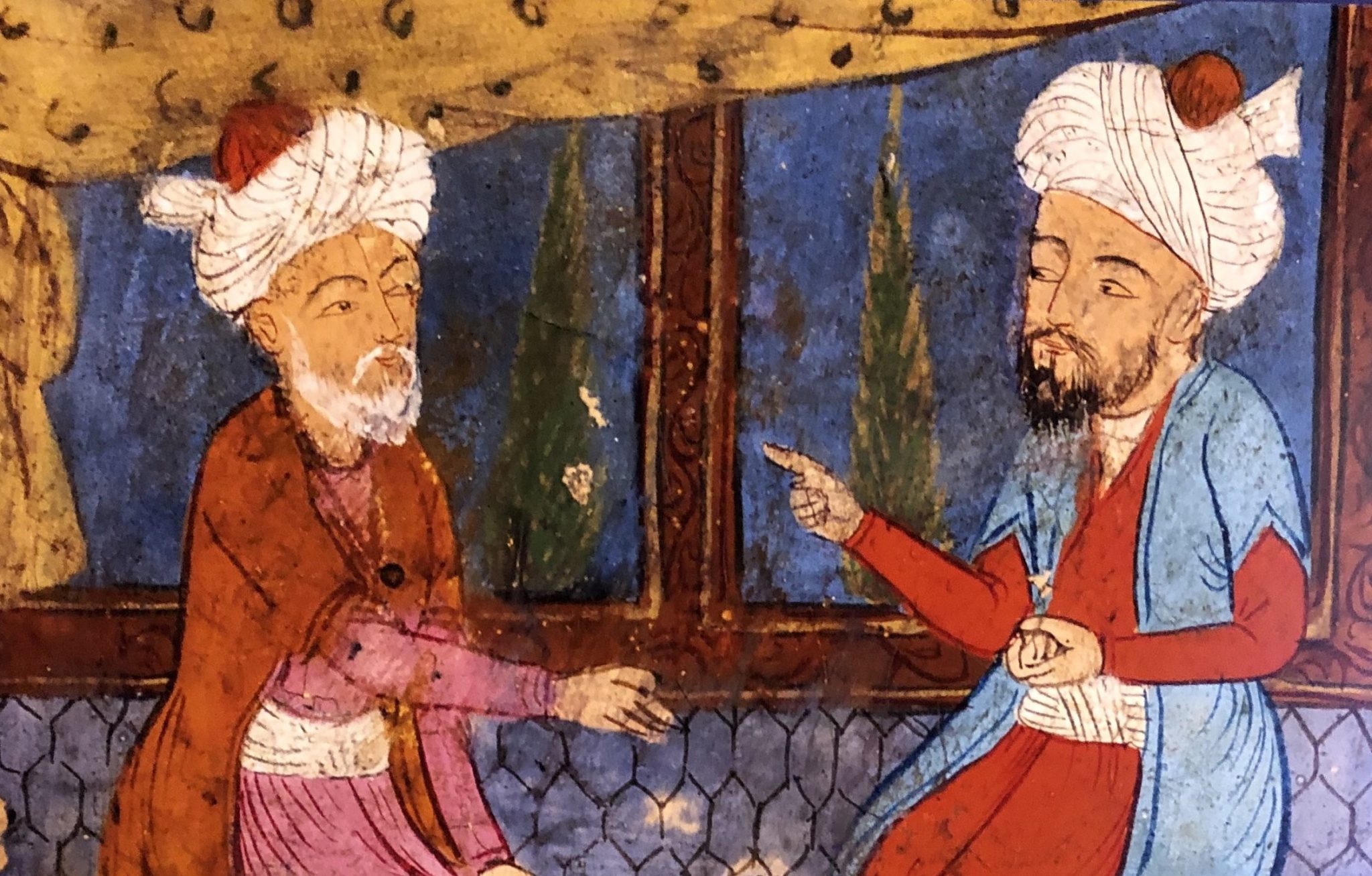Arezou Azad talks about:
THE UNHEARD VOICES FROM EASTERN IRAN AND THE EASTERN ISLAMICATE WORLD
Chair: Professor Charles Melville, BIPS President
Dr Arezou Azad, Director of the Invisible East programme at Oxford University, will reveal an unexpected richness of astonishing historical material coming from the vast region that stretches across the modern states of Iran, Afghanistan, Central Asia and China, referred to as “eastern Iran” and the “eastern Islamicate World’ in the scholarship. This material, which dates to the half millennium that followed the coming of Islam in the 8th century to the arrival of the Mongols in the 13th century CE, is as diverse as it is fascinating. It includes the first critical mass of documents ever written in New Persian (the Persian that is spoken today), literary fragments in Arabic, and administrative deeds and orders written in Judeo-Persian (Persian spoken by Jews and written in Hebrew letters) and in ancient Iranian languages, such as, Middle Persian, Bactrian, Sogdian and Khotanese.
These texts are currently being edited, translated and analysed by the Invisible East Team, and will bring to life the story of how this pivotal region witnessed a mixing of cultures that was both unique in itself and extraordinarily influential upon neighbouring societies. The Invisible East programme brings the medieval Islamicate East to the forefront of historical research, by studying the administrative and legal documents and literary fragments from the eastern Islamicate world, in order to explore relations between the diverse confessional, ethnic and linguistic communities in the region—Muslims, Jews, Zoroastrians, Buddhists and followers of local cults. In doing so, the programme investigates the legal, economic and political foundations upon which the eventual Islamisation of communities rested; the way languages influenced the nature, extent and results of Islamisation; and variations in those foundations and interactions from time to time c. 700-c.1280, and from place to place within the region.
Dr Azad will explain how the team will make these unheard voices heard through a digital corpus of texts that will be made available to the public, and which will, for the first time ever, enable people without much training in ancient and medieval languages, like Pahlavi, Bactrian, Sogdian, Khotanese and Judeo-Persian, to understand and use these materials as sources for their own studies.
Register for the event using the button above, or watch it live on Facebook
About the speaker
 Arezou Azad is a historian of the medieval Islamicate East from the coming of Islam in the 7th century CE to the Mongol Empire of the 13th century, and all its various component cultures and societies. Her first book entitled Sacred Landscape of Medieval Afghanistan (Oxford, 2013) explores the ways in which the multicultural region of Balkh in Afghanistan, which hosted one of the most magnificent Buddhist monasteries and temples in antiquity, became “the dome of Islam.” Her most recent co-authored book is Faḍāʾil-i Balkh: Annotated translation with commentary and introduction of the oldest surviving history of Balkh in Afghanistan (Gibb Memorial Trust/Oxbow/Casemate, 2021).
Arezou Azad is a historian of the medieval Islamicate East from the coming of Islam in the 7th century CE to the Mongol Empire of the 13th century, and all its various component cultures and societies. Her first book entitled Sacred Landscape of Medieval Afghanistan (Oxford, 2013) explores the ways in which the multicultural region of Balkh in Afghanistan, which hosted one of the most magnificent Buddhist monasteries and temples in antiquity, became “the dome of Islam.” Her most recent co-authored book is Faḍāʾil-i Balkh: Annotated translation with commentary and introduction of the oldest surviving history of Balkh in Afghanistan (Gibb Memorial Trust/Oxbow/Casemate, 2021).
Arezou leads the Invisible East programme at the University of Oxford which includes two team-focussed projects, the PersDoc project funded by the Arts and Humanities Research Council and the Go.Local project funded by the European Research Council involving the study of documents, literary sources and material culture from medieval Afghanistan and Central Asia.
She received her DPhil (doctorate) at Oxford’s Oriental Institute, after which she co-directed the Balkh Art and Cultural Heritage Project, funded by the Leverhulme Trust 2011-2015. Arezou was a lecturer in medieval history at the University of Birmingham from 2013-2019. She was born and raised in Germany, and before joining academia served as a UN peacekeeper in the Balkans, Timor Leste, and other hotspots around the world.
